-
How does it feel?
The elder tree has a rich and varied history of culinary, medicinal and folklore uses. For centuries it has been associated with warding off evil and providing protection from witchcraft. In more recent times it has become better known for warding off the evil of colds and providing protection from flu.
There are many species of elder around the world. The most common medicinal species used is Sambucus nigra, or ‘black elder’, a small deciduous tree native to Europe, North Africa and western Asia. Mature trees can grow to heights of 15m and can live for up to 60 years. The trees bear bunches of small creamy-white umbel flowers with a sweet fragrance which are then followed by juicy bunches of characteristically deep purple small and sour berries. Traditionally, almost every part of the tree is used to prepare medicines, tonics and drinks, including the flowers, berries, bark and leaves.
-
What can I use it for?
Elderberries are a rich source of vitamin C, anthocyanins and flavonoids, all of which are powerful antioxidants that protect the body from free radicals.
Elderberries have a strong affinity for the respiratory system and encourage the process of expectoration reducing acute and chronic mucous congestion. Elderberries are incredibly soothing and will coat the mucous membranes, alleviating sore throats and irritating coughs. Elderberries have also been shown to neutralise the neuraminidase enzyme responsible for helping the virus enter the body and prevent viral proliferation in the respiratory mucous membranes, neutralising 10 strains of flu virus.
-
Into the heart of elderberry
 Elder is particularly cleansing to all mucous membranes in the body, with a particular affinity to the respiratory tract and the skin. It relaxes the eliminative organs and detoxifies the blood and the skin. Elderberries are packed full of anti-viral and anti-inflammatory constituents including the antioxidant Vitamin C. Elderberries are strong immune-modulators and will stimulate activity within the immune system. Elderberry has a direct action upon the flu virus, deactivating the enzyme that encourages its proliferation within the respiratory tract.
Elder is particularly cleansing to all mucous membranes in the body, with a particular affinity to the respiratory tract and the skin. It relaxes the eliminative organs and detoxifies the blood and the skin. Elderberries are packed full of anti-viral and anti-inflammatory constituents including the antioxidant Vitamin C. Elderberries are strong immune-modulators and will stimulate activity within the immune system. Elderberry has a direct action upon the flu virus, deactivating the enzyme that encourages its proliferation within the respiratory tract.Elder activates pro-inflammatory and anti-inflammatory cytokines to be released from the immune system making it beneficial for both excessive and deficient immunity. They have a strong impact on the immune system, modulating its response and supporting it during periods of deficiency and excess. Elderberries are also a natural form of Vitamin C which is an immune system enhancer and vital co-factor in numerous enzymatic processes in the body including blood vessel formation, wound healing mechanisms, iron absorption and energy transfer.
Elder is an effective expectorant for the respiratory system, helping to shift stubborn catarrh and mucous in both acute and chronic afflictions of the respiratory system. Elderberries also have a specific action in preventing an enzyme produced by the flu virus from attaching to the cilia in the mucosal membranes of the lungs. Elderflowers have a diaphoretic action which encourages perspiration and can be of particular use in relieving the heat and congestion associated with colds and flu.
Vitamin C is crucial in protecting cellular membranes and the immune system, with a specific action upon wound healing mechanisms both internally and externally on the skin. It has an astringing and toning effect upon the skin and capillary structure. Elder is also a blood tonic, supporting effective cleansing and detoxification in the blood, ensuring that the blood supplying the skin is healthy.
-
Traditional actions
Herbal actions describe therapeutic changes that occur in the body in response to taking a herb. These actions are used to express how a herb physiologically influences cells, tissues, organs or systems. Clinical observations are traditionally what have defined these actions: an increase in urine output, diuretic; improved wound healing, vulnerary; or a reduction in fever, antipyretic. These descriptors too have become a means to group herbs by their effects on the body — herbs with a nervine action have become the nervines, herbs with a bitter action are the bitters. Recognising herbs as members of these groups provides a preliminary familiarity with their mechanisms from which to then develop an understanding of their affinities and nuance and discern their clinical significance.
Western actions
-
Traditional energetic actions
Herbal energetics are the descriptions Herbalists have given to plants, mushrooms, lichens, foods, and some minerals based on the direct experience of how they taste, feel, and work in the body. All traditional health systems use these principles to explain how the environment we live in and absorb, impacts our health. Find out more about traditional energetic actions in our article “An introduction to herbal energetics“.
-
Did you know?
The importance of elder in centuries past is evident from the popularity of a book published in 1644, which contained 230 pages describing the extraordinary healing properties of the plant.
Additional information
-
Safety
Leaves may cause a reaction on sensitive skins. Avoid use of root & bark and unripe berries.
-
Dosage
Dried: 5g daily
Tincture: 10ml daily

-
Recipe
Elderberry Elixir
Our powerful and immune boosting ‘Elderberry Elixir’ recipe is easy to make, enjoyable to drink and a great keep-me-healthy-through-winter herbal remedy.
Ingredients:
- Fresh elderberry 1kg/35oz (or dry)
- Clove bud 10 buds
- Cinnamon bark 3 quills
- Fresh ginger root 10g, about 5cm/2in piece
- Sugar 250g/9oz
Method:
1. Collect your fresh berries on an autumnday.
2. Wash and destalk the berries by using a fork as a mini rake.
3. Put the elderberries in a pan with 1 cup of water and simmer until the berries have released most of their juices (or 1 litre if dry)
4. Place a sieve over a bowl, pour the berries and the liquid into the sieve and crush the berries with a fork to help strain as much liquid as possible into the bowl.
5. Pour this juice back in the saucepan. Add the remaining ingredients. Simmer for 30 minutes on a low heat.
6. Strain again over a bowl. And then decant into sterilised bottles and tightly seal. Store in the fridge for up to 6 months. To drink, add 2 tbsp of Elderberry elixir to a cup of hot water.
Incredible Immunity Tea

Bacteria and viruses are most active at lower body temperatures, so when we have a fever, this is in response to our immune system’s effort to reduce microbial overload. That is where this delicious Incredible Immunity Tea recipe below comes in. It helps your immune system fight the infection.
Ingredients:
- Yarrow top 3g
- Peppermint leaf 3g
- Elderflower 3g
- Tulsi leaf 3g
- Fresh ginger root 3g, about 11/2cm (5/8in)
This will serve 2–3 cups of flu-free freedom.
Method:
- Put all of the ingredients in a pot. Add 500ml (18fl oz) freshly boiled filtered water.
- Leave to steep for 5–10 minutes, then strain.
- Drink while it’s piping hot.
Recipes from Cleanse, Nurture, Restore by Sebastian Pole

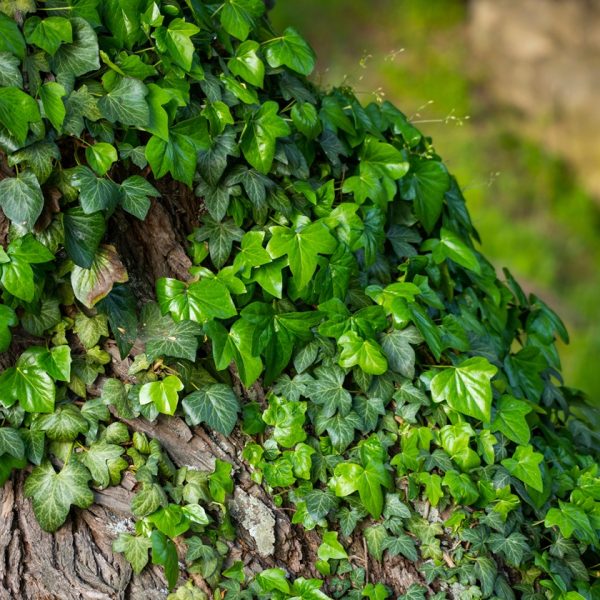
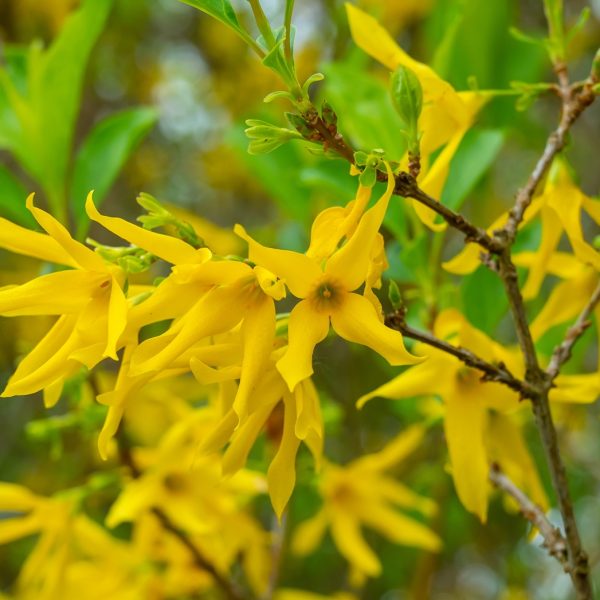












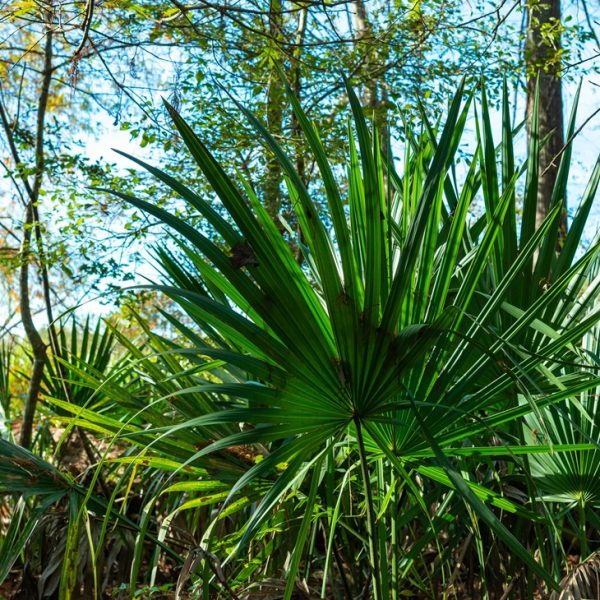
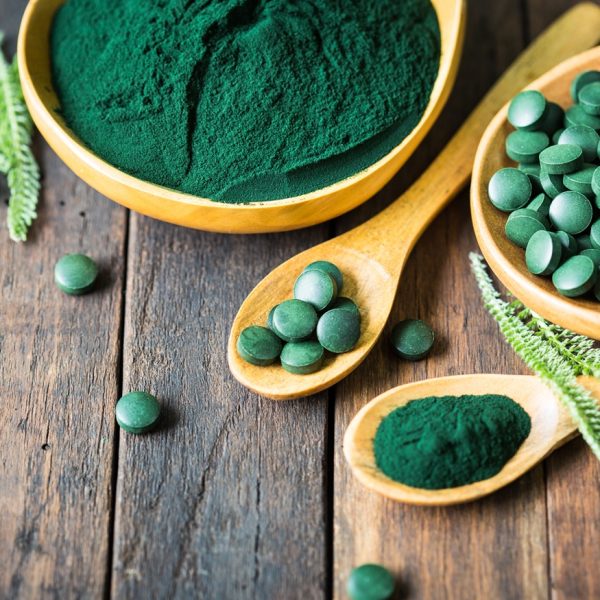
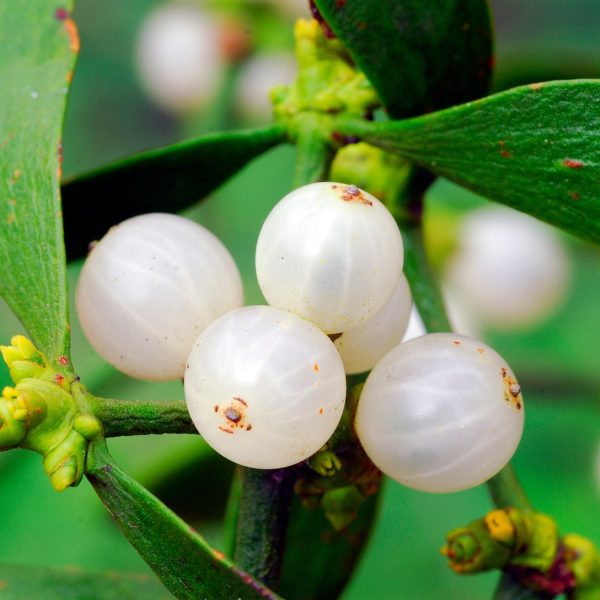










 Elder is particularly cleansing to all mucous membranes in the body, with a particular affinity to the respiratory tract and the skin. It relaxes the eliminative organs and detoxifies the blood and the skin. Elderberries are packed full of anti-viral and anti-inflammatory constituents including the antioxidant Vitamin C. Elderberries are strong immune-modulators and will stimulate activity within the immune system. Elderberry has a direct action upon the flu virus, deactivating the enzyme that encourages its proliferation within the respiratory tract.
Elder is particularly cleansing to all mucous membranes in the body, with a particular affinity to the respiratory tract and the skin. It relaxes the eliminative organs and detoxifies the blood and the skin. Elderberries are packed full of anti-viral and anti-inflammatory constituents including the antioxidant Vitamin C. Elderberries are strong immune-modulators and will stimulate activity within the immune system. Elderberry has a direct action upon the flu virus, deactivating the enzyme that encourages its proliferation within the respiratory tract.






